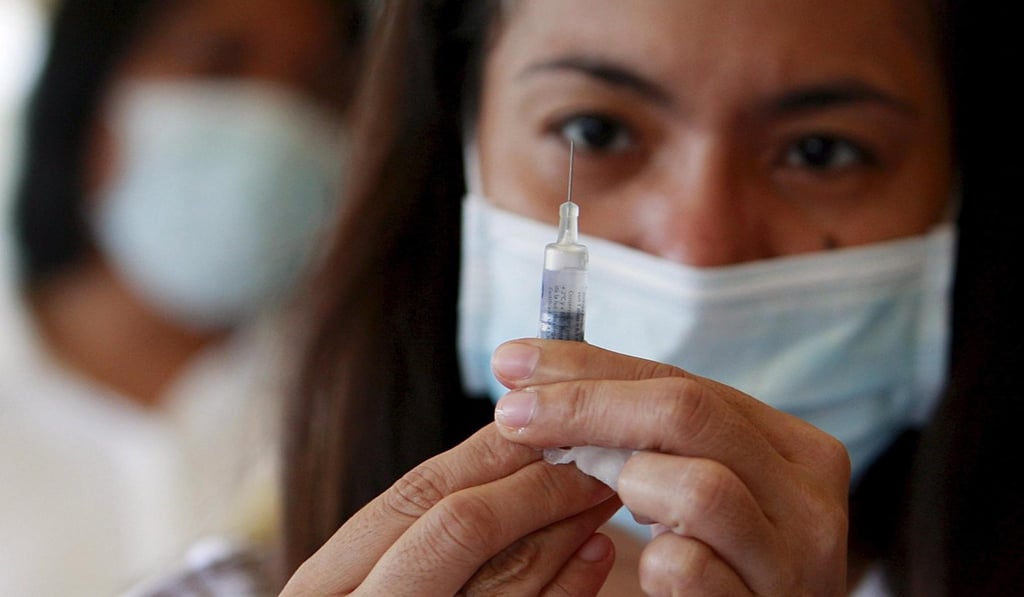Measles cases spike in Indonesia, Malaysia and Philippines as anti-vaxxers take to social media
- For the past two years, the Philippines and Indonesia have had the world’s second- and third-highest rates of measles, behind India
- Mistrust, fraud, religious and ethical concerns have fuelled rising anti-vaccine sentiment

For the past two years, the Philippines and Indonesia have had the world’s second- and third-highest rates of measles, behind India.
In the first two months of this year, 70 people died of measles in the Philippines. Cases skyrocketed to more than 20,000 last year – a 10-fold increase from 2017. In Indonesia, cases doubled from 2015 to a high of 11,300 in 2017, and 5,500 in 2018.

Measles symptoms include rashes and high fever. The disease mainly affects children and is highly infectious. According to the WHO, roughly 2.6 million people died annually from measles before the advent of mass vaccinations in the 1980s.
Anti-vaccine sentiment has been on the rise worldwide in the past two decades, particularly in the United States and in Europe – which saw 83,000 cases last year.
